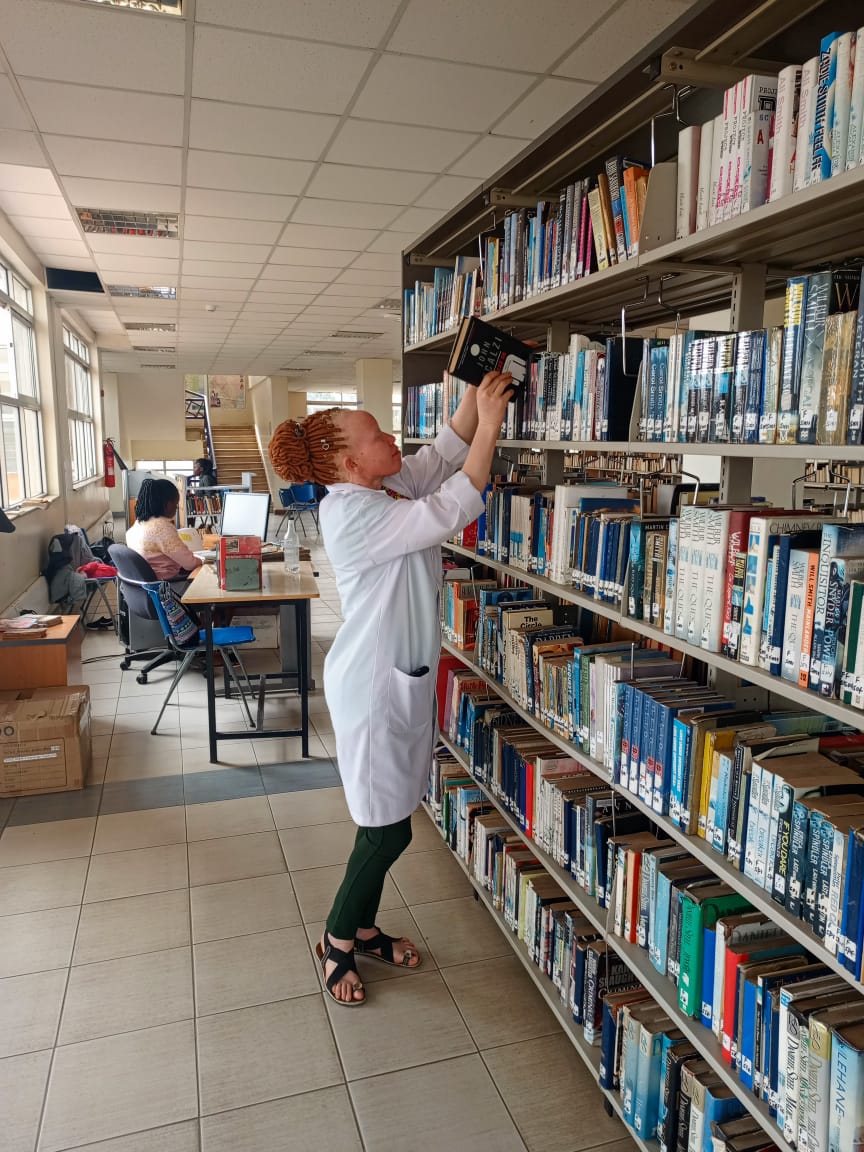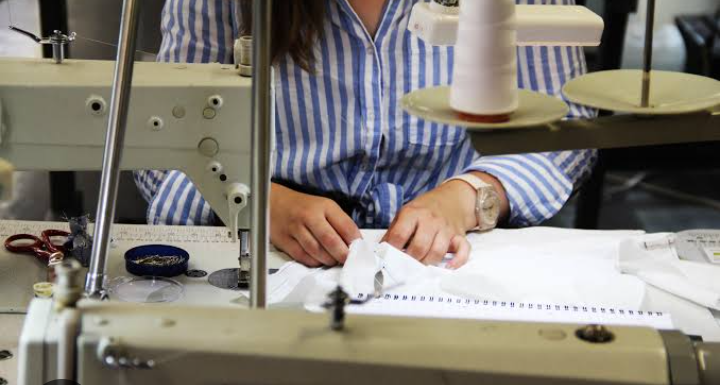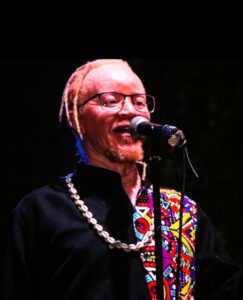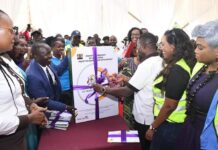By Stephen Khaemba, Devreporter, Nakuru County
Key Highlights
- Nakuru County’s albinism community is actively challenging societal misconceptions.
- Human rights studies on albinism have increased globally.
- Individuals with albinism contribute significantly to Kenya’s cultural tapestry through their engagement with art.
- Persons with albinism in Kenya serve as real-life examples, challenging the notion that disability implies incapacity.
- Call to transitioning to a more inclusive future that celebrates the brilliance within diversity.
Nakuru County’s albinism community is challenging societal misconceptions about them. They are redefining disability narratives, breaking barriers, and promoting inclusivity.
Living with albinism in Kenya poses a distinctive set of challenges, with the sun as both a life-giver and a potential adversary.
Research conducted by the National Institutes of Health on Albinism, together with the World Health Organisation on persons with albinism, indicate that direct sunlight greatly affects the skin of persons with albinism, leading to skin cancer and other health complications. In this case, sun sensitivity often restricts outdoor activities, limiting opportunities for social interaction and employment.
Misconceptions and Prejudices
Widely held misconceptions and prejudices regarding albinism, also encourage exclusion and discrimination against this minority group, further marginalising its members.
Nevertheless, beyond these challenges, people with albinism are distinguished by their resilience in the face of adversity. They work to promote a diverse society by fostering understanding through educational activities.
Human rights studies on albinism, which include data gathering, and situational analyses on persons with albinism around the world have increased dramatically. In some countries where attacks on the minority group often occur, cases of attacks are on the decline.
The International Albinism Awareness Day, which is marked on 13 June, has become a huge success around the world. It holds a lot of promise on continuing public education about albinism and raising awareness on the condition effecting people with albinism, as well as their rights.
There has also been an unprecedented growth in the number of civil society groupings that represent persons with albinism. The capacity of these groups is also improving, in part because of the effectiveness of mobilisation of resources towards supporting their work.
In 2019, the Executive Council of the African Union adopted the Regional Action Plan on Albinism as a continent-wide policy, making it the first-ever regional mechanism to proactively address and eradicate discrimination and violence against persons with albinism.
In January 2020, the first Global Albinism Alliance was formed to support persons with albinism across the world.

Success Stories
Leah Njeri, a trailblazer in the business sector and an accomplished businesswoman with albinism, dispels myths against this condition. Her story of overcoming discrimination and rising to prominence, serves as a testament to her community’s unrealised potential.
Her story embodies the power of determination and the impact of inclusivity at both personal and societal levels. Njeri, who also works at the National Library Service in Nakuru county, says that hard work and consistency in what she does, have encouraged her to remain disciplined and focused.
“We normally receive sunscreen at Nakuru General Hospital every month, and we also have a group called Nakuru Albinism Group. We are calling upon parents of children with albinism to register with the group and with the National Council for Persons with Disabilities (NCPWD), in order for them to benefit.

Annette Nafula, a tailor and businesswoman at Kaptembwa estate in Nakuru county, says that albinism has never limited her from working hard to achieve her goals.
“Personally, I am privileged to be among the persons with albinism. People used to look down on us; some even say that our bodies are medicinal herbs, and you will hear some cases where people are kidnapped and sold. Luckily, I have never encountered this. Being a tailor, I must interact with my customers, and you see, most of my customers are not albinos. I thank the leadership of the NCPWD for their support to us. People should stop discrimination.”

In the realm of arts and culture, individuals with albinism are making their mark. From captivating storytelling to mesmerising musical performances, they contribute to Kenya’s rich cultural tapestry. These talents not only redefine perceptions but also serve as a testament to the vast spectrum of abilities within this community.
Advocacy
Advocacy plays a crucial role in society. An event like International Albinism Awareness Day is fantastic, since it opens up conversations about albinism and in this way, helps break down stereotypes.
Alex Munyiri, the officer in charge of the albinism programmes at the NCPWD, who joined the council in 2012, says that they have engaged in a spirited fight for albinism awareness and that they have a budget whereby they do community sensitisation and awareness on issues surrounding albinism.
He shares his insights, “We are doing a robust awareness programme, and persons with albinism themselves are also trying to shine out by focusing on their abilities and not disabilities. The challenges are many, ranging from financial and economic, social integration challenges, and education system challenges. Most teachers did not know how to handle students with albinism since they struggle to see the blackboard, and also, they do not attract employment opportunities,”
Education emerges as a key catalyst for dismantling barriers. Educational institutions and initiatives tailored to the needs of individuals with albinism are providing a platform for intellectual growth and empowerment. By fostering an inclusive educational environment, Kenya is nurturing a generation that sees beyond physical differences. Despite ongoing difficulties, the narrative of Kenya’s albinos is one of perseverance, fortitude, and success.
The values of equality and non-discrimination are anchored in the Kenyan Constitution. It guarantees protection to every person, including those who have albinism, irrespective of their colour, ethnicity, or level of handicap.
The Bill of Rights in Article 43 of the Constitution, is unambiguous and aligned with Kenya’s Vision 2030. A social pillar of the vision places a strong emphasis on reducing poverty, promoting social fairness, and creating an inclusive society. The vision’s more general social objectives are in line with initiatives aimed at enhancing the participation and wellbeing of persons with albinism.
People with albinism serve as real-life examples of how a disability does not imply incapacity, as the country transitions to a more inclusive future. Their stories echo the sentiment that, under the African sun, everyone has the right to shine brightly, regardless of the shade of their skin. Through their experiences, challenges, and triumphs, Kenyans with albinism are rewriting the narrative, not only for themselves but also for a society that is learning to see and celebrate the brilliance within diversity.






